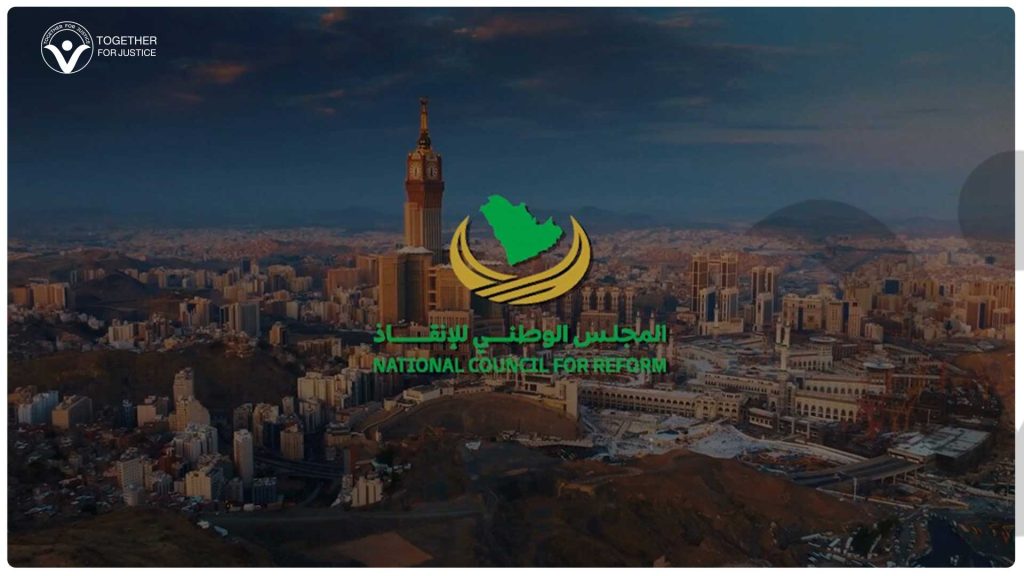A group of Saudi dissidents abroad have announced the formation of the “National Council for Reform”, a new initiative aimed at confronting authoritarianism, defending prisoners of conscience, and coordinating international pressure on the Saudi regime to halt ongoing human rights violations and hold those responsible to account.
According to the founding members, the council was established in response to the deteriorating situation inside the Kingdom—marked by unchecked corruption, the collapse of public institutions, moral decline, and the systematic repression of dissent. The council declares that absolute political authoritarianism is the root of the crisis, and that no meaningful economic, judicial, or social reform is possible without a comprehensive political transformation that restores basic rights, justice, and accountability.
The council’s vision calls for:
- Ending tyranny, injustice, and corruption;
- Restructuring national institutions under the principles of justice and consultation;
- Protecting the country’s resources and redirecting them toward sustainable development;
- Restoring the country’s Islamic and Arab identity;
- Reclaiming its moral responsibility as a spiritual center for the Muslim world.
It positions itself as an independent entity, unaffiliated with any government, party, or organization, and states that its actions are bound by Islamic and societal values.
This development raises critical questions:
- Will governments around the world respond to this initiative?
Will international actors apply real pressure on the Saudi regime to release prisoners of conscience and put an end to its violations?
Or will economic and political interests continue to override human rights concerns?
As hundreds of Saudi citizens remain imprisoned for peaceful expression, the establishment of the National Council for Reform signals a new attempt to challenge the dominant narrative and mobilize international attention.

